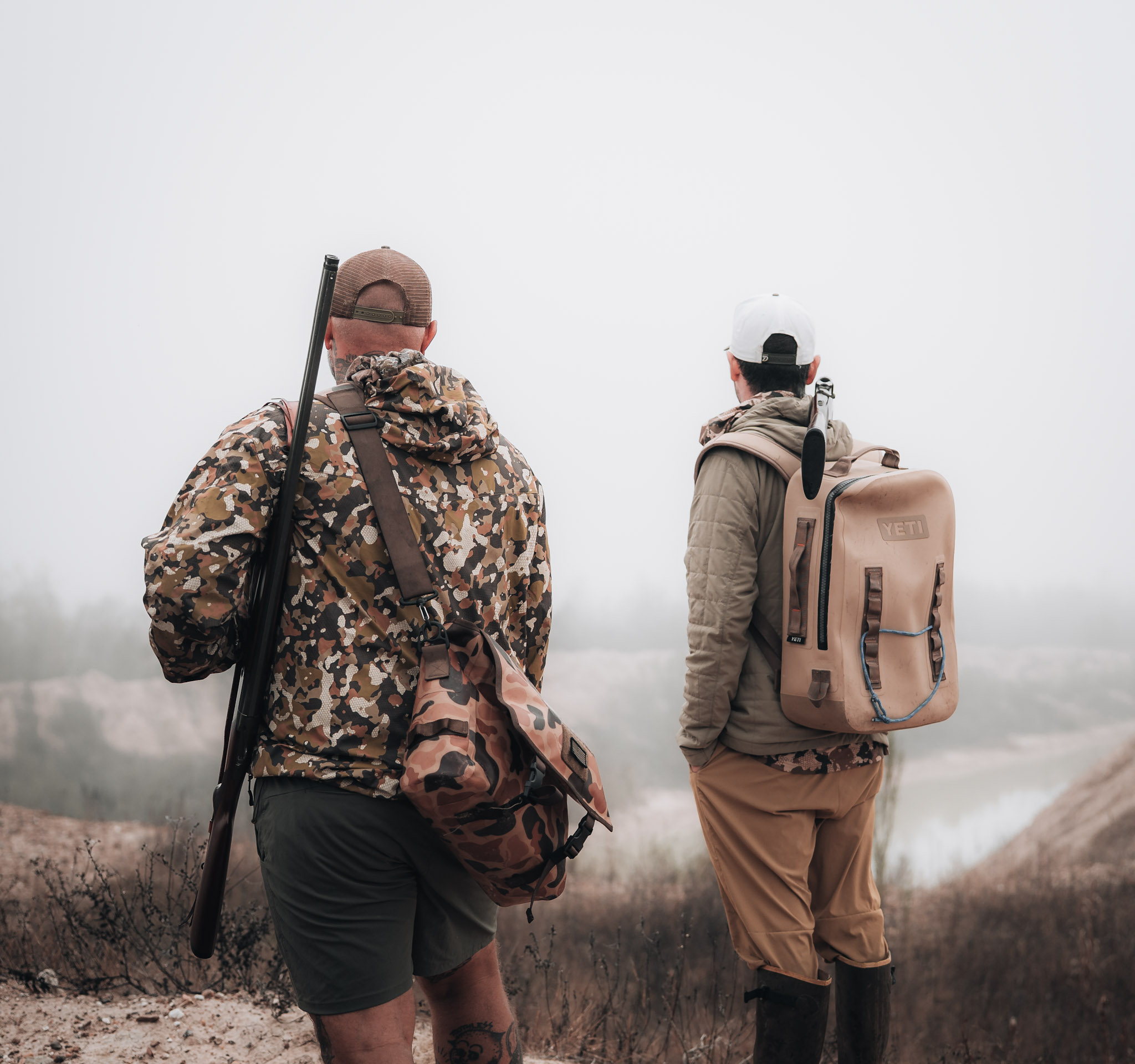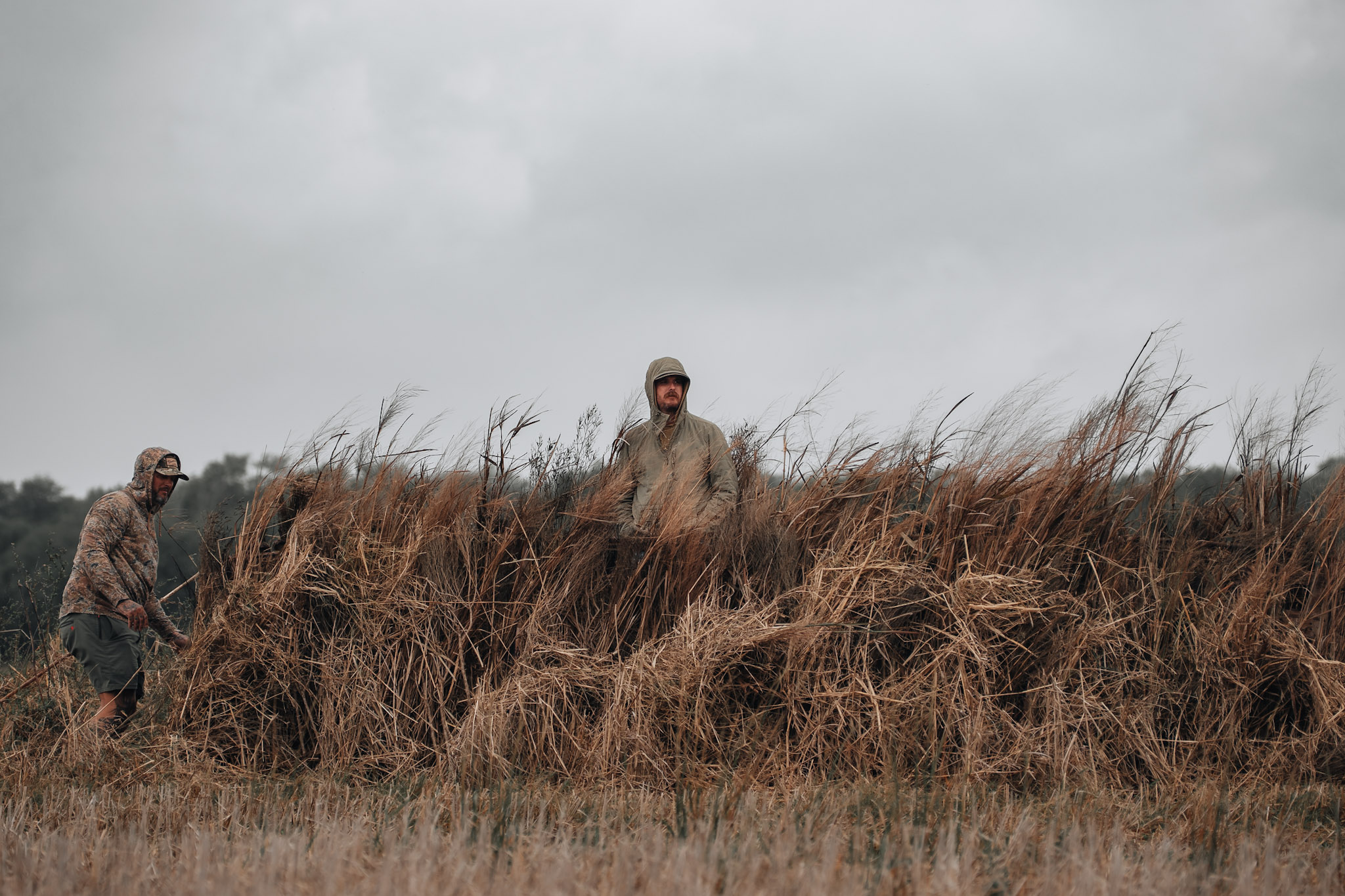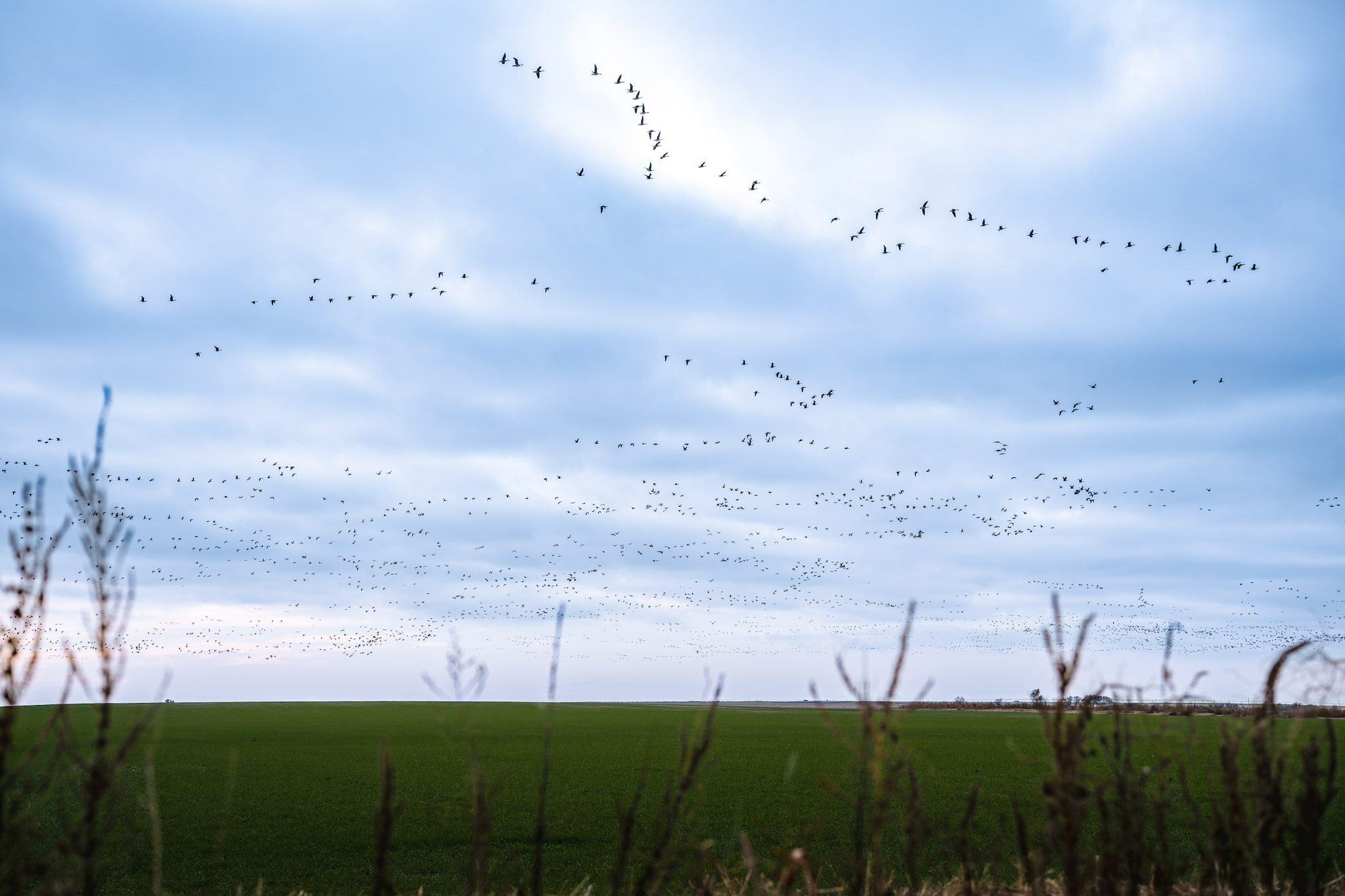Section 180 and Conservation
How Section 180 Supports Private Land Conservation and Hunting Access

How Section 180 Supports Private Land Conservation and Hunting Access
Section 180 isn’t just about environmental preservation—it also plays a pivotal role in enhancing hunting and fishing opportunities on private lands. Landowners can utilize this tax incentive to conserve their land and make it more accessible to hunters and anglers, all while benefiting financially from tax deductions.
By engaging in conservation efforts under Section 180, landowners can enhance habitat quality, create more sustainable wildlife populations, and preserve natural ecosystems, all of which lead to improved hunting and fishing experiences.

How Section 180 Supports Hunting and Fishing:
- Preservation of Wildlife Habitats: Section 180 incentivizes landowners to preserve natural habitats, creating healthier environments for game animals and fish population
- Section 180 Ripple Effect: A landowner leveraging Section 180 to deduct fertilizer costs might improve a field’s productivity, creating better foraging grounds for wildlife.
- Improved soil quality supports robust plant growth, which provides food and cover for wildlife such as deer, quail, or waterfowl—species often targeted by hunters.
- Well-maintained farmland near waterways can reduce erosion and nutrient runoff, improving water quality and benefiting fish populations that anglers rely on.
- Improved Access to Private Land: With Section 180, landowners can choose to provide access to hunting and fishing enthusiasts while preserving the land for future generations.
- Tax Benefits for Sustainable Practices: Landowners can benefit from tax deductions when they implement sustainable practices like habitat restoration and responsible wildlife management.

This provision not only helps landowners protect their properties but also plays a crucial role in ensuring continued hunting and fishing access. In short, Section 180 supports hunting and fishing indirectly by fostering conditions that can sustain wildlife, but it’s primarily a financial incentive for farmers. For landowners looking to combine conservation with recreational opportunities, Section 180 is an invaluable resource.
Read More...

Late-season duck hunting can be one of the most challenging—and rewarding—times of the year. By January, ducks have migrated thousands of miles, survived multiple hunting seasons, and encountered nearly every decoy spread and calling sequence imaginable. These birds are smarter, more cautious, and far less forgiving of mistakes.

For many landowners, winter feels like the slow season. Hunting seasons wind down, fishing slows, and day-to-day ranch or property work often takes a back seat. But in reality, winter is one of the most productive and strategic times of the year to make improvements to your land—especially if you manage your property for hunting, fishing, or outdoor recreation.

January marks the final push of the duck season, and for many hunters, it’s the most challenging—and rewarding—time to be in the field. The migration is still moving, cold fronts are active, and bird numbers can be incredible. But by January, waterfowl have been pressured for months. They’ve heard every call, seen every decoy spread, and watched hundreds of hunters walk into public marshes.



